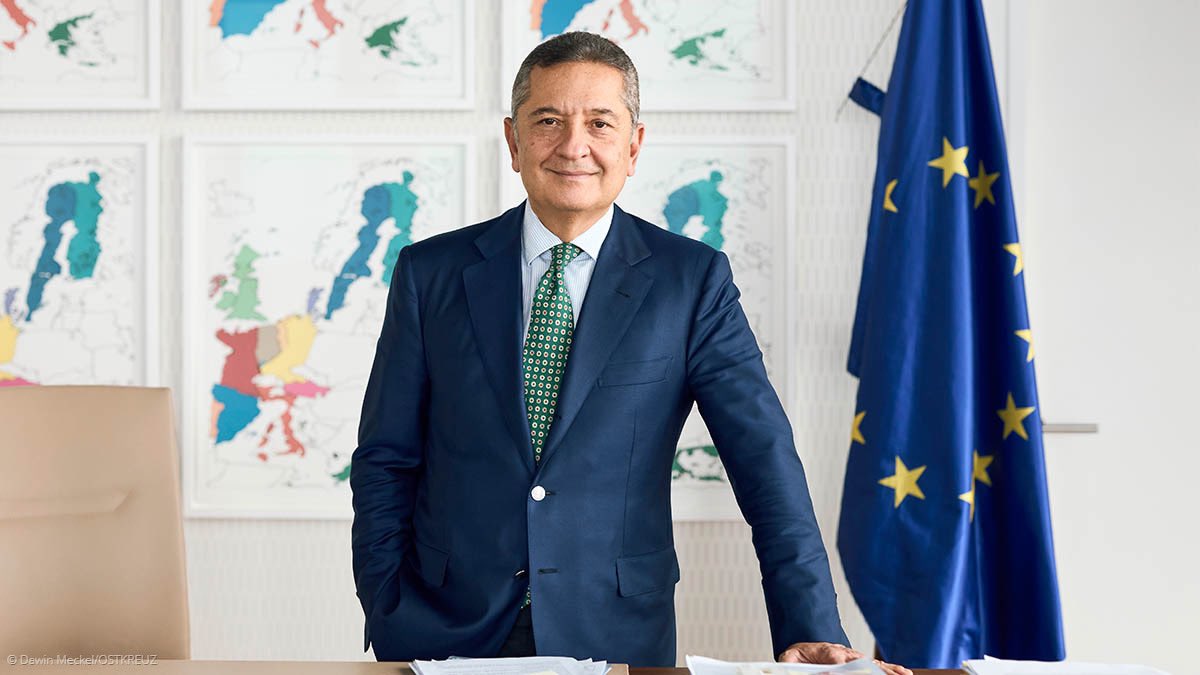
🧵 In 2022 we published ten new or updated Explainers, a clear and visual way to understand central banking topics – available in all EU languages!
Here is a recap of some of them in case you missed them ⬇️
1/4
Here is a recap of some of them in case you missed them ⬇️
1/4

Raising interest rates is our main tool for fighting inflation. But what do higher rates mean for you?
Read our #Explainer to find out more ecb.europa.eu/ecb/educationa…
2/4
Read our #Explainer to find out more ecb.europa.eu/ecb/educationa…
2/4
Climate change matters to the ECB, as it affects the economy in different ways.
Check out our #Explainer to find out how and to discover what we are doing to tackle climate-related risks ecb.europa.eu/ecb/educationa…
3/4
Check out our #Explainer to find out how and to discover what we are doing to tackle climate-related risks ecb.europa.eu/ecb/educationa…
3/4
Did you know there are two types of money?
Find out what they are and why central bank money is important for a digital euro by checking out our #Explainer ecb.europa.eu/ecb/educationa…
4/4
Find out what they are and why central bank money is important for a digital euro by checking out our #Explainer ecb.europa.eu/ecb/educationa…
4/4
• • •
Missing some Tweet in this thread? You can try to
force a refresh








